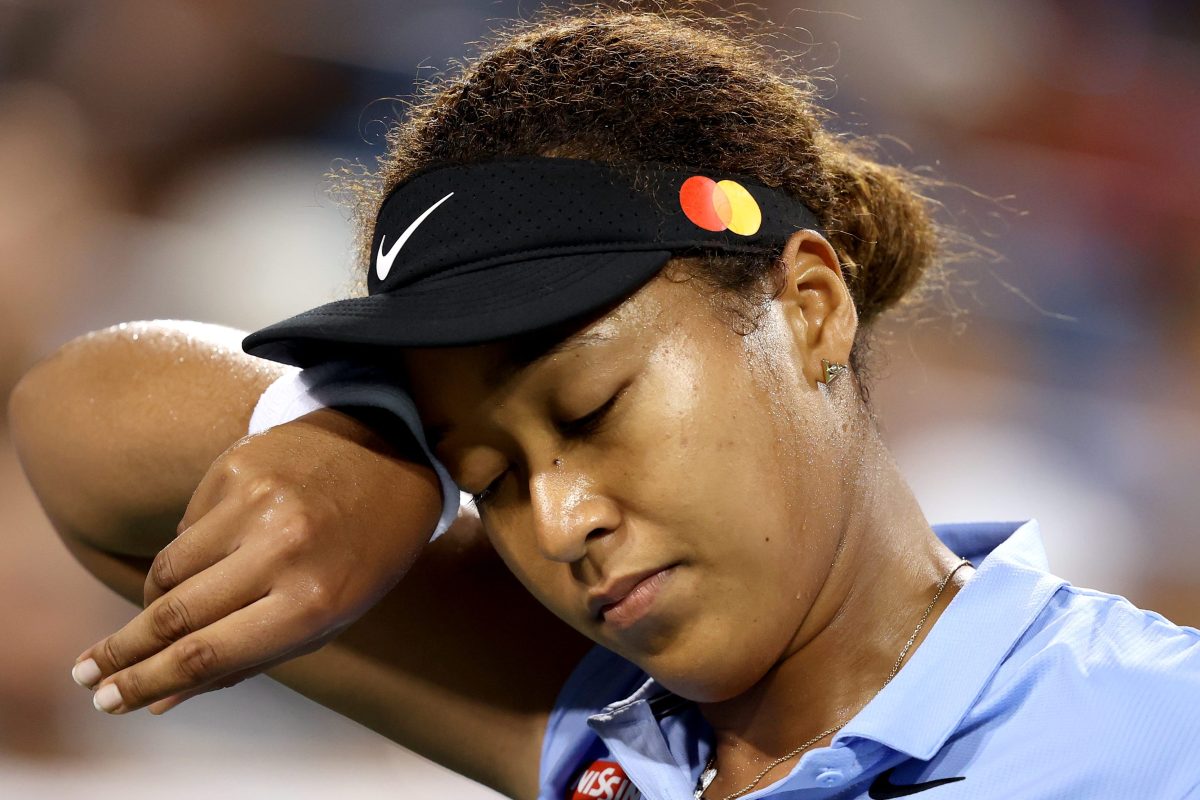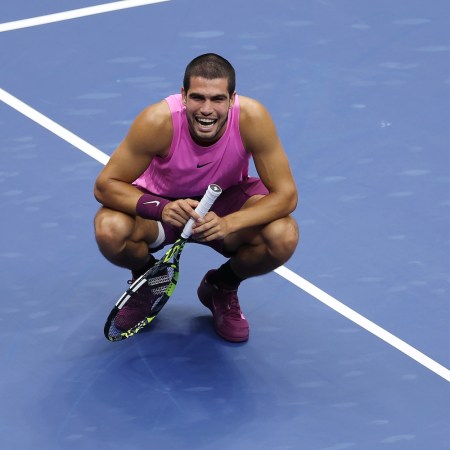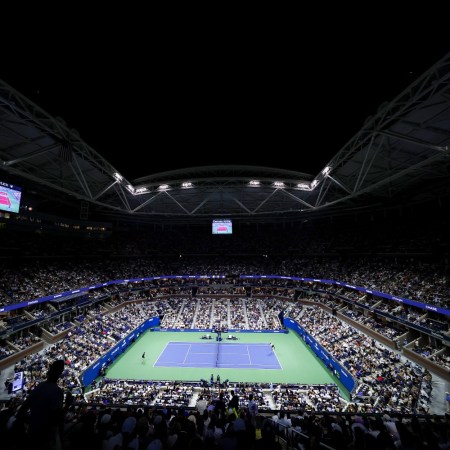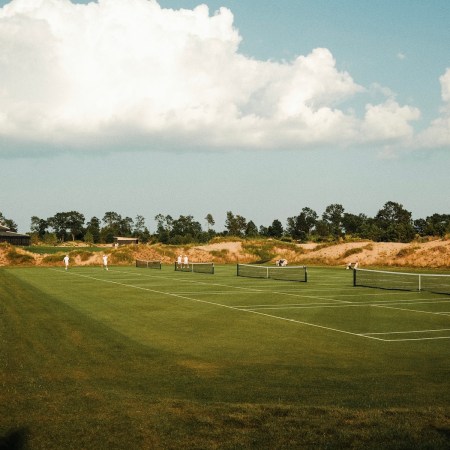In response to Naomi Osaka’s well-documented struggles this year with her mental health, which led to her withdrawing from the French Open after tournament organizers refused to let her skip post-match press conferences, the United States Tennis Association announced the launch of a new mental health initiative ahead of the US Open later this month.
Per the USTA, the expanded medical services program for the tournament will include licensed therapists providing players with access to mental health services throughout the duration of the event. Quiet rooms and other support services will be provided.
“The issue of mental health awareness has been brought to the forefront over the course of the global pandemic, as many individuals, players included, have struggled with the stresses and emotions that have come as a result of COVID-19,” said USTA Chief Executive and US Open Tournament Director Stacey Allaster. “Together with the multi-dimensional pressures within professional sport, this new reality highlighted the need to provide additional resources to support all aspects of athletes’ health, including their mental health and wellbeing. We look forward to seeing how the initiatives implemented at this year’s tournament, and in the coming months, make an impact on player wellbeing, and will continue to look for ways to improve and adapt as we move forward.”
Though there are conflicting reports about whether the outcome of the mental health check-ins will affect a player being required to do post-match press conferences or if the pressers are still mandatory as they have been in the past, it certainly seems logical that if a player is deemed mentally unwell they would not be forced to meet the media.
“The USTA believes that ensuring this wider array of mental health support services are available, together with efforts to reduce and hopefully eliminate any stigma associated with seeking them out, will contribute to the health of the athletes and also send an important message to all of society about the importance of supporting and de-stigmatizing mental health,” per the USTA’s announcement.
A good step in making that intention a reality would be to allow Osaka, the reigning women’s champion, as well as any other competitor to skip meeting with the media and fielding questions after a match if they don’t feel mentally or emotionally equipped to do so. Whether that will actually happen or not remains to be seen. The US Open main draw gets underway on August 30.
The Charge will help you move better, think clearer and stay in the game longer. Subscribe to our wellness newsletter today.



















